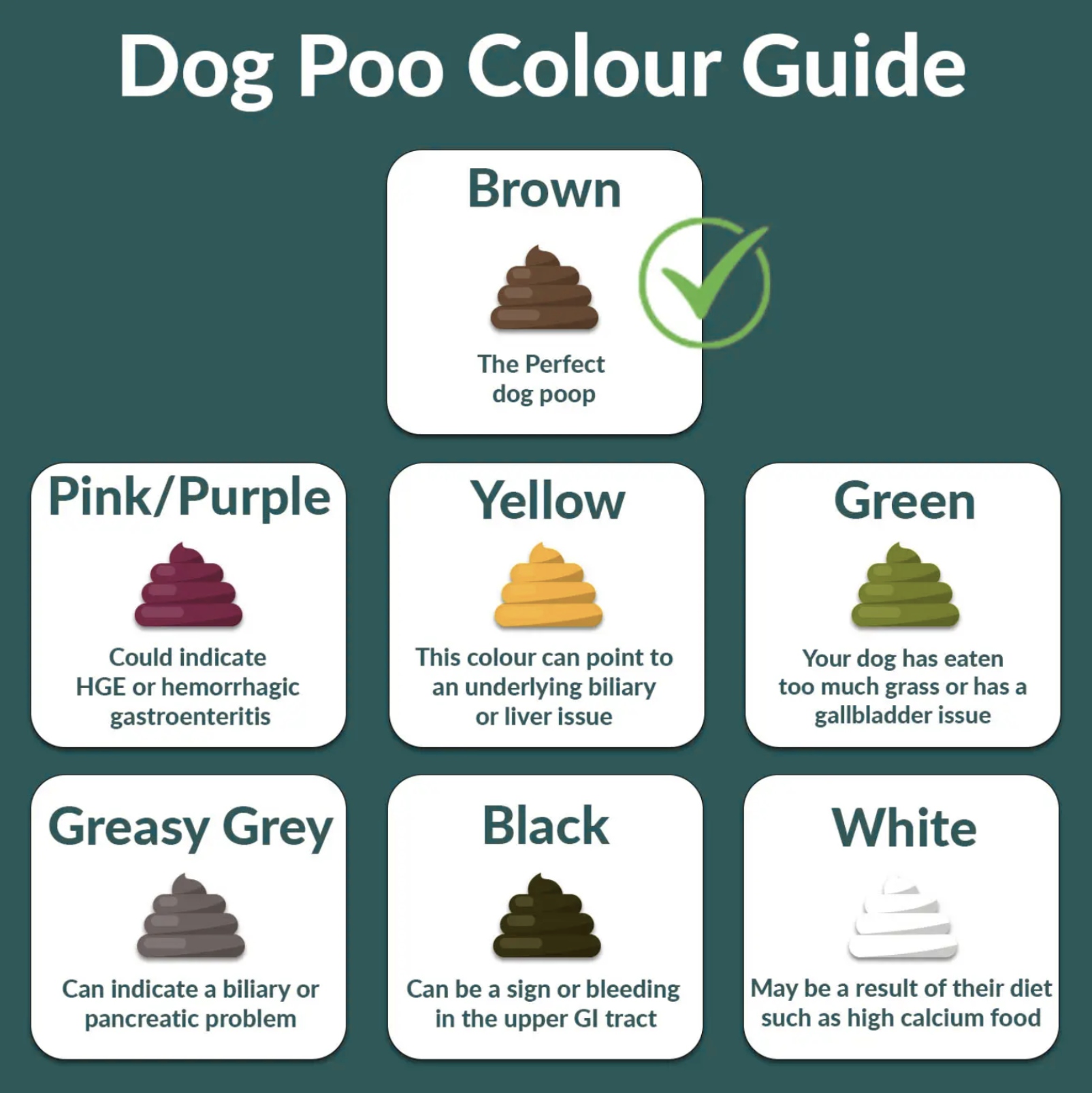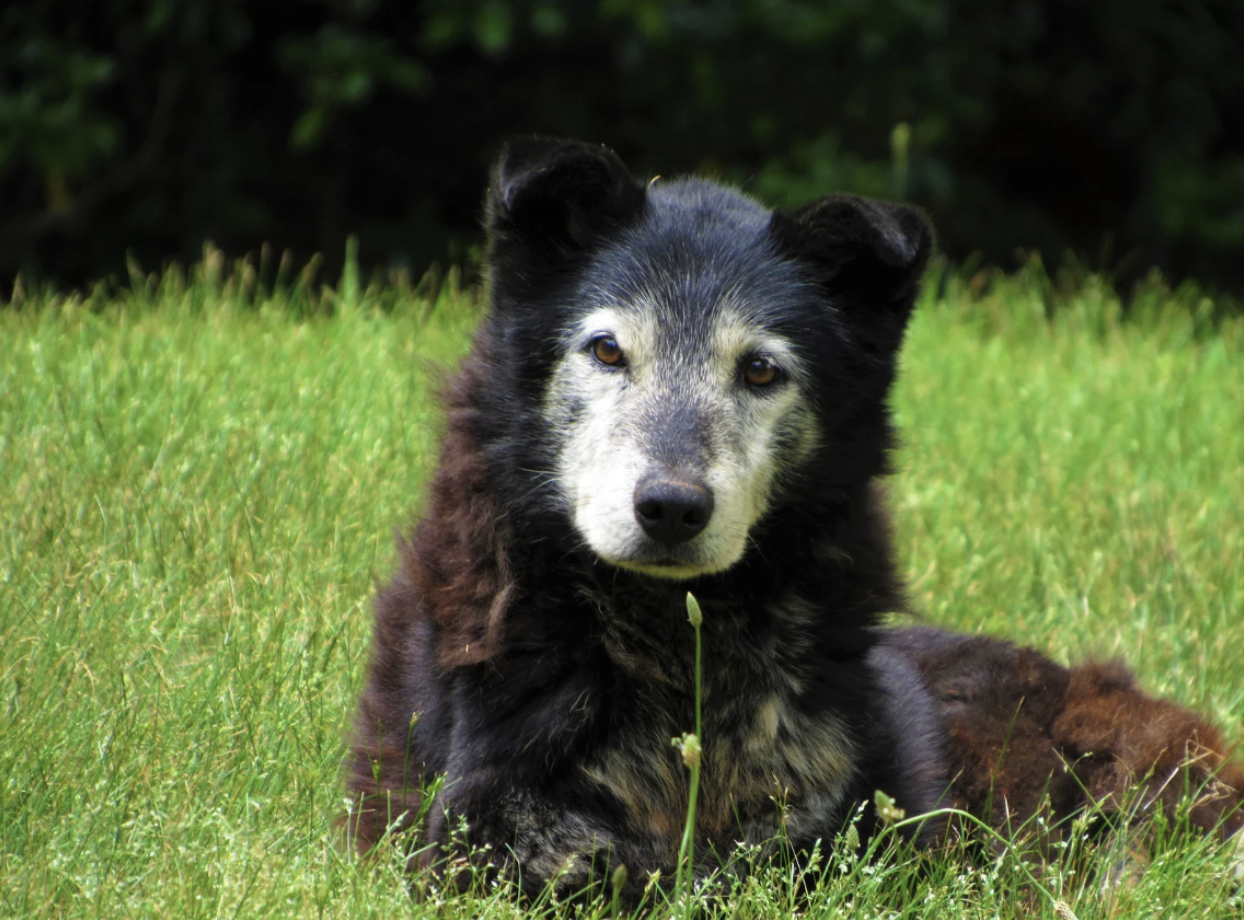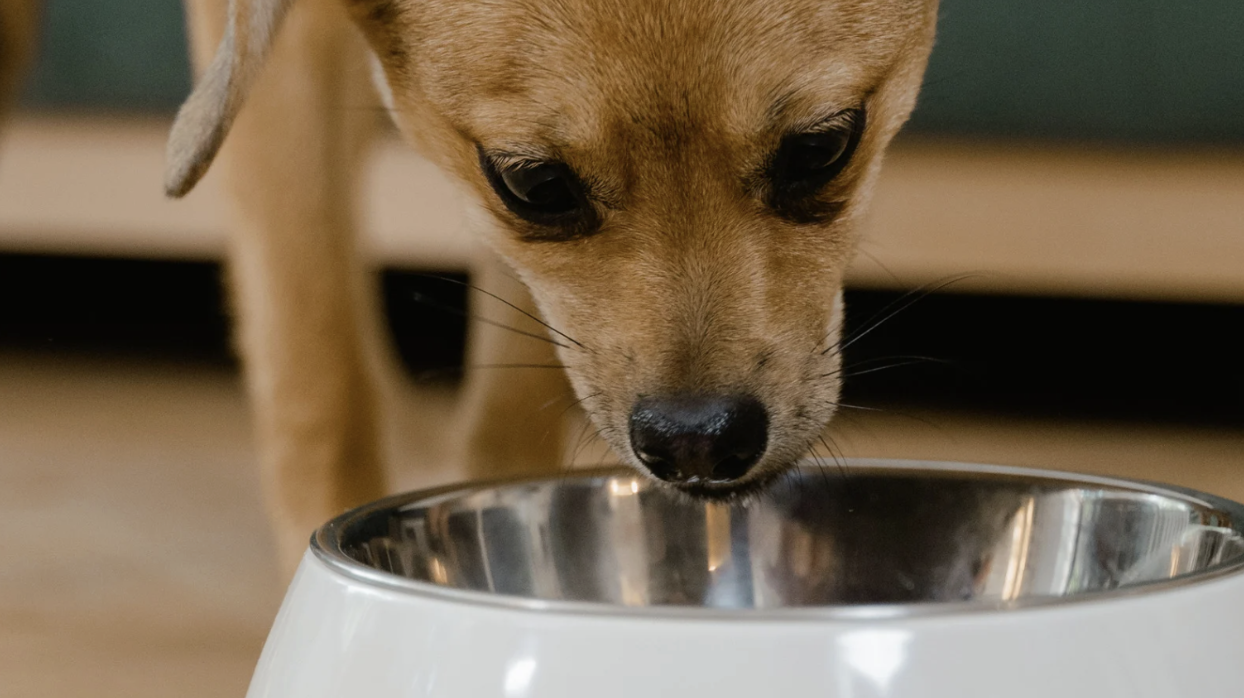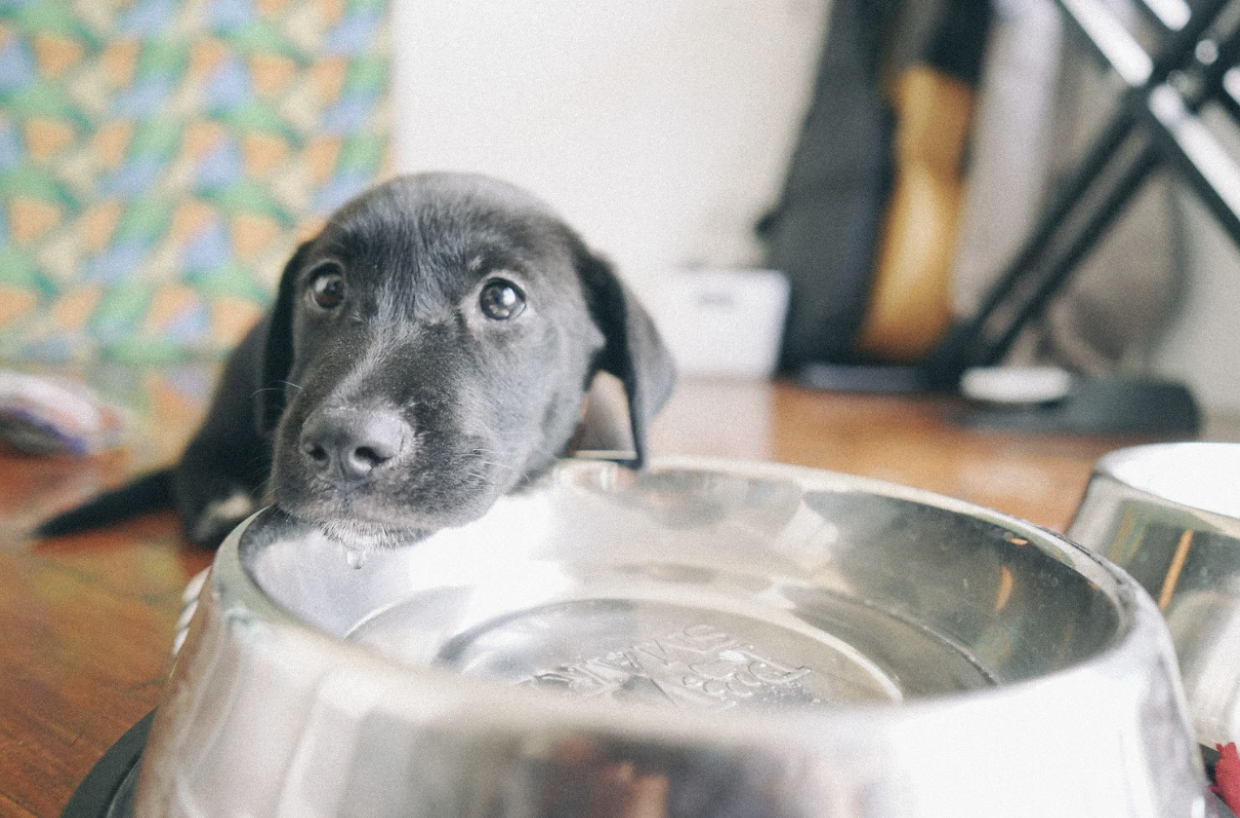


As a dog parent, have you ever stared at your pup’s poop and felt puzzled? Is it too hard, too soft, or maybe an unusual color? Believe it or not, your dog’s poop is a crucial health indicator, reflecting their digestion and nutritional intake. Today, let’s explore how observing poop can reveal your dog’s digestive health and nutritional status. Being a responsible pet owner means mastering this essential skill.
Healthy poop should be chocolate-brown, with a soft yet firm consistency—think of chocolate mousse that isn’t overly moist. Ideally, it should have a sausage-like shape, making it easy to pick up. The quantity and frequency depend on your dog’s size and age; once to three times daily is generally normal. However, even dogs of the same breed may have different habits, so knowing your dog’s usual routine is key to spotting changes.

If your dog’s poop is overly soft, it’s often linked to dietary issues. A sudden change in food or sensitivity to certain ingredients could be the cause, or it could be a sign of gastrointestinal inflammation. Puppies and senior dogs are particularly sensitive to dietary changes. If you notice this, check for any recent changes in their diet and switch to gentle, easily digestible food. Persistent issues or symptoms like vomiting or severe diarrhea warrant an immediate visit to the vet.
On the flip side, overly hard poop can result from dehydration or insufficient fiber intake. Some owners mistakenly think it’s normal for dogs to drink little water, but hydration is vital for digestive health. Ensure your dog always has access to fresh water, place multiple water bowls around your home, or add water to their food. Consider fiber sources like pumpkin puree or pumpkin powder for natural remedies. Regular exercise also helps alleviate constipation—daily walks are a must.
If these symptoms persist, consult a veterinarian without delay.

Preventing digestive issues starts with good dietary habits. Feed your dog at consistent times to regulate their digestion. Divide meals into two or three portions a day to avoid overfeeding. Transition to new food gradually over 7–10 days, increasing the proportion of new food daily. Balanced nutrition is key—choose high-quality food and consider probiotics for digestive health. Ensure the probiotics are dog-specific and follow dosage recommendations.
Stress also impacts your dog’s poop. Moving house, a new family member, or changes in your schedule may cause digestive issues. Pay attention to your dog’s emotional state, give them time to adjust, and maintain consistent routines. If stress-related poop problems persist, consult your vet about calming supplements.
Monitoring your dog’s poop daily is crucial. Keep a simple log of their bowel movements, including date, time, appearance, and diet. This record can help you and your vet quickly identify any issues, enabling timely care. Every dog is unique and requires a tailored nutrition plan, so consistent observation is the best way to ensure their health.

Though the topic of poop may feel awkward, understanding it is essential for responsible dog ownership. The information above offers general guidance, but if your dog shows persistent signs of abnormal poop, seek veterinary advice immediately. Recognize your dog’s unique needs and keep detailed records to catch issues early.
Want to learn more about your dog’s nutritional needs or design a personalized diet plan for your furry friend? Contact our nutritionist team today! We believe that a well-balanced diet leads to healthy poop, so you can focus on enjoying your time with your dog worry-free.


